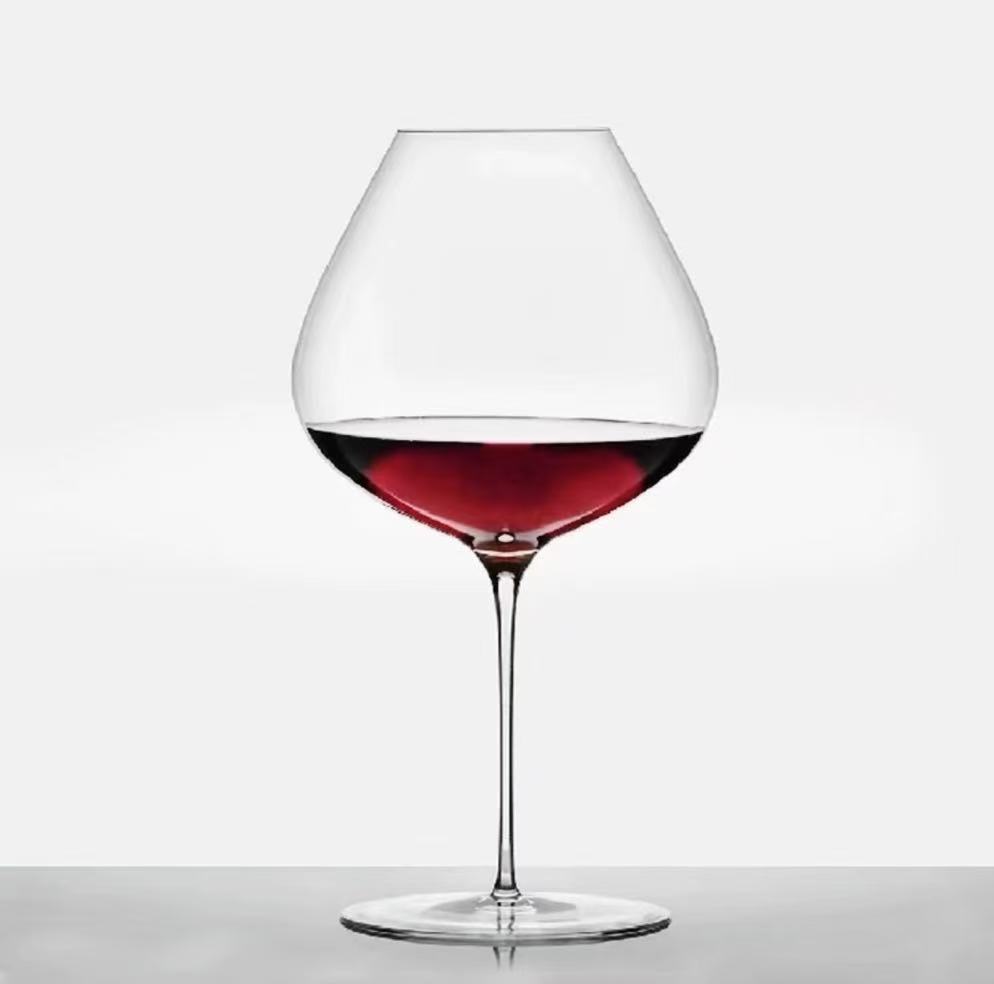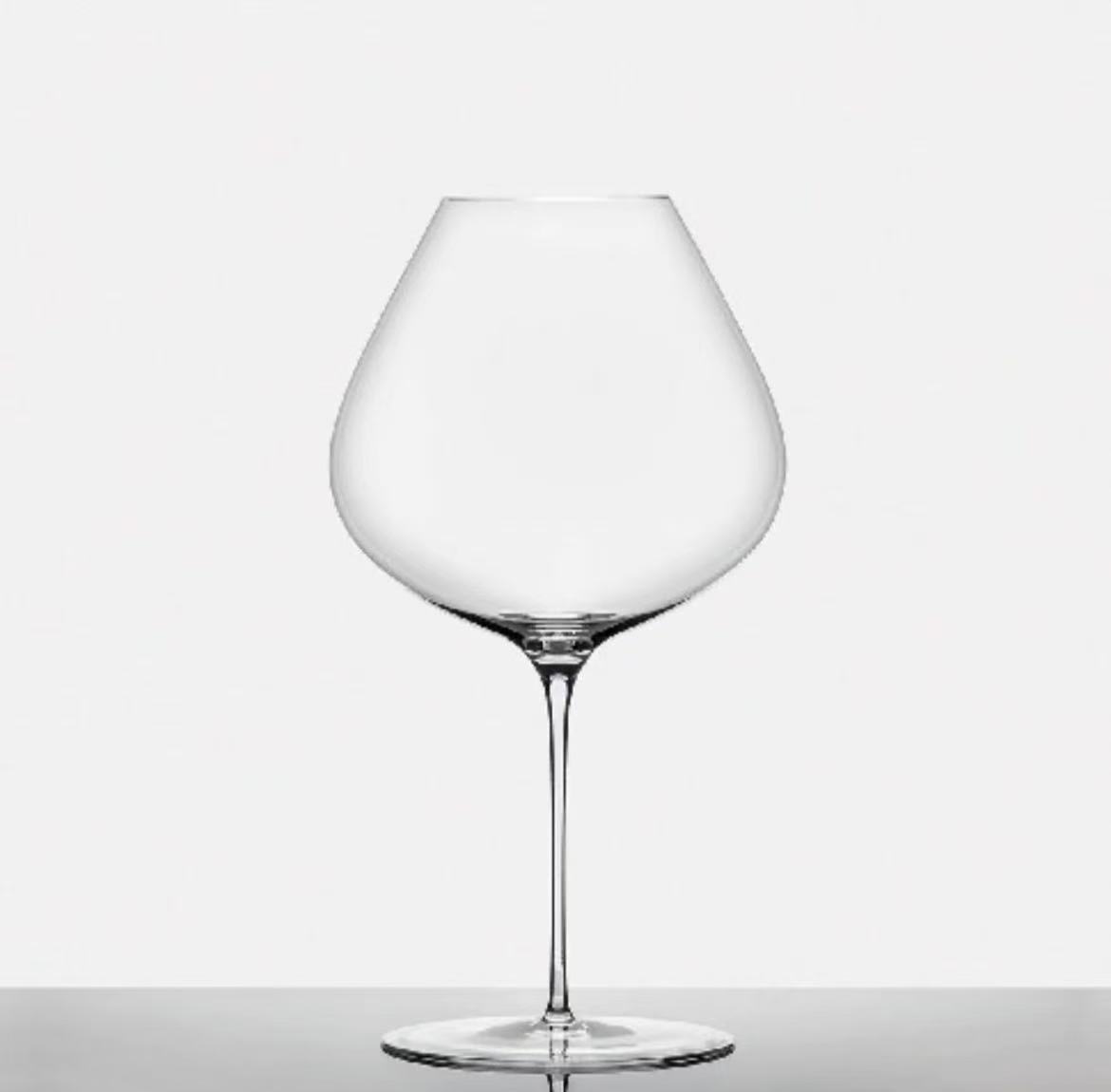Material
Crystal cups: Usually a certain proportion of metal oxides such as lead oxide is added to the glass raw materials. The lead content can reach about 24%. However, there are also lead-free crystal cups now, which use other substances to replace lead to achieve similar effects. The overall material makes the crystal cup have a better texture and a more crystal-clear appearance.
Glass cups: It is mainly made of quartz sand, soda ash, limestone and other raw materials, and the ingredients are relatively simpler.

Appearance
Transparency and gloss:
Crystal cups: It has high transparency, and when looking at the light, the refracted light is more colorful and has a good gloss, which looks high-end and gorgeous.
Glass cups: The transparency is also good, but the effect of refracting light is relatively ordinary, and the gloss is slightly weaker.
Cup wall thickness:
Crystal cups: They can often be made thinner, especially some high-end crystal wine glasses, etc. The thin cup wall can better show the color and aroma of the wine.
Glass cups: The thickness of the cup wall is thin or thick, and it is common for daily use of glass cups to have thick walls.

Sound characteristics
Crystal cup: When tapped gently, it will make a crisp and pleasant sound with lingering sound, and the sound lasts for a relatively long time, with a crisp feeling similar to metal collision.
Glass cup: The sound produced by tapping is relatively crisp, but not as ethereal and long as crystal cup, relatively short and monotonous.
Price difference
Crystal cup: Due to the relatively complex production process, the material cost is also high (especially leaded crystal cup, the raw material cost is higher), and it is often used as high-end tableware, wine utensils, etc., so the price is generally more expensive, especially some well-known brands with exquisite craftsmanship crystal cups.
Glass cup: The production process is relatively simple, the cost is low, and the price range is wide, from very cheap ordinary glass cups to slightly more expensive ones with a certain sense of design, but the overall price limit is usually lower than that of crystal cups.
Usage
Durability:
Crystal cup: Relatively delicate, especially leaded crystal cups, afraid of collision and falling, higher maintenance requirements, and easy to damage if used improperly.
Glass cup: Although it is also afraid of falling, it is relatively stronger overall, and the durability for normal daily use is acceptable.
Usage focus:
Crystal cups: mostly used to hold high-end alcoholic beverages, such as wine, to enhance the wine tasting experience, or as high-end gifts, decorations, etc.
Glasses: more widely used, can be used for daily drinking water, beverages, juice, etc., and are commonly used in homes, offices, and other places.
Xml Privacy Policy Blog Sitemap
Copyright © 2026 Jiangsu Xinghuo Technology Co., Ltd. All Rights Reserved.  Network Supported
Network Supported